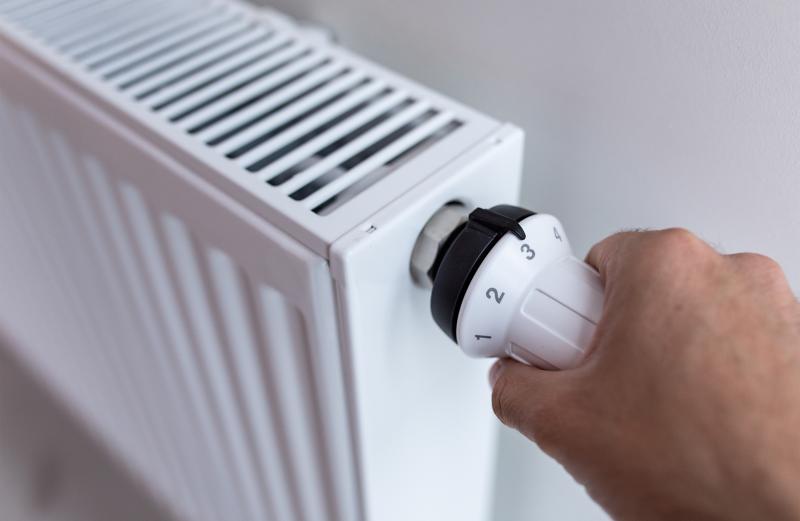Ancillary costs – explained simply
Composition and invoicing of ancillary costs
Net rent, ancillary costs, gross rent
When you signed your tenancy agreement, you may have noticed the terms ‘net rent’, ‘ancillary costs’ and ‘gross rent’.
- The net rent includes the monthly costs for your living space and the infrastructure of the property.
- A proportion of the ancillary costs is added each month. What is included in the ancillary costs is explained below.
- Together, the net rent and the ancillary costs make up the gross rent you pay each month.
What do the ancillary costs include?
Broadly speaking, these are heating and operating costs. Running a property requires a great deal of work and resources, for example:
- Electricity for general lighting
- Water and waste water charges
- Containers and waste disposal charges
- Radio/TV charges
- Caretaking, cleaning and work in the garden/grounds
- Maintenance of various infrastructures, such as the locking system, ventilation system, pump, boiler, fireplace, fire protection and emergency equipment and lift, depending on the property
- Energy for heating and producing hot water
This list is not exhaustive and may differ depending on the property. The description applicable to your property is provided in your tenancy agreement.
Among the factors which have the most impact in terms of ancillary costs are undoubtedly the energy costs for heating and hot water.
Usage-based billing thanks to allocation formula
A single person in a two-room apartment uses less energy for hot water and heating than, for example, a four-person household in a five-room apartment. Therefore, the billable costs are distributed according to actual consumption or an allocation formula, usually in relation to the living space. You thus do not pay for your neighbours’ consumption.
Why is there a monthly payment on account instead of a one-off invoice?
As a rule, we or your property manager draw up an ancillary cost statement once a year with the actual costs incurred. So as not to have to pay a large bill once a year, the majority of people use the method of monthly payments on account. These advance payments are paid together with the monthly rent. The prepayments paid are then reconciled with the ancillary costs actually incurred and a final statement of account is drawn up.
In spite of an advance payment, I still have to pay an additional amount – how can that be?
You may have to make an additional payment. Heating costs in particular are variable and subject to price fluctuations. For example, if oil has become more expensive and your property is heated with oil, this has an effect on the ancillary costs. And if it was a particularly cold winter in which more heating was needed or more hot water was used, the consumption of heating energy and hot water increases, and so does the cost. In the opposite case, i.e. if the actual costs are lower, you will be reimbursed for the overpayment.
The method of monthly payments on account has proved its worth. Property managers use reliable calculations and they also know the property, so that a realistic average value can be calculated. If, however, ancillary costs generally increase over the years, for example because official fees or the wage costs of skilled workers become more expensive, this will be explained to you in a substantiated increase in ancillary costs.
Don’t forget the ancillary costs when you move out
So now you know what is included in the ancillary costs and that once a year the costs actually incurred are billed. A wide variety of information is collected for the ancillary cost statement, and property managers have to wait for invoices from tradesmen and offices. Therefore, you may receive an ancillary cost statement long after you have moved out. In this case, however, you only pay for the months that you lived there.
We hope that this information helps you to understand the method of charging for ancillary costs. If you have any questions about your ancillary cost statement, please contact us or your property manager. Livit tenants can best contact our management team using the contact form.
The answer to these and other questions can be found in our FAQ.
